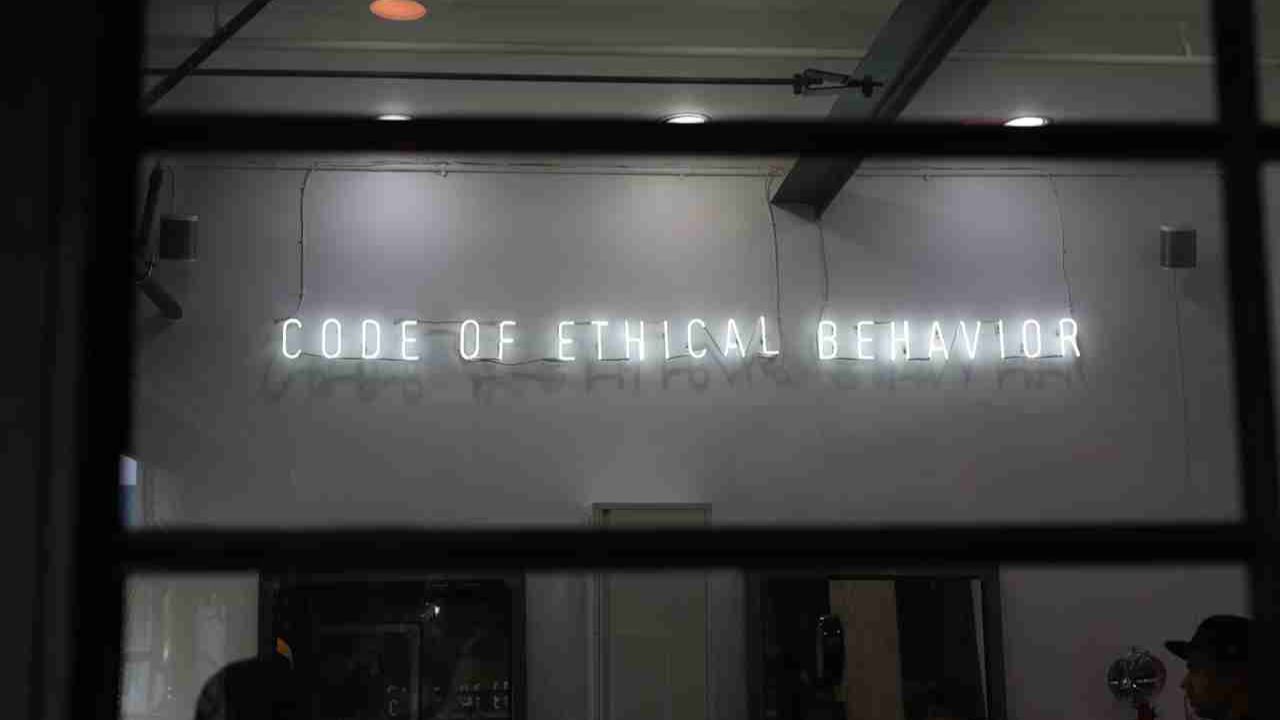
Ethical dilemmas frequently arise in project management, demanding conscientious decision-making. Ethical dilemmas involve making difficult choices when each choice violates a moral principle. These scenarios, often marked by conflicts of interest, competing stakeholder needs, tight budgets, communication challenges, and complex legal and regulatory landscapes, highlight the critical role of ethics in project success. Today, we explore the significance of ethical decision-making and offer guidance for project managers facing these complex situations.
Understanding Ethical Decision-Making in Project Management
Project ethics encompass the moral principles and values guiding project managers and teams. Ethical choices prioritize fairness, honesty, and integrity.
Ethical decisions are pivotal for project success. They ensure fairness and integrity in project dealings, fostering stakeholder trust and promoting collaboration.
Therefore, project managers are ethical leaders, setting the standard for teams and stakeholders. They must champion ethical behavior and instill a culture that values ethical decision-making.
Common Ethical Challenges in Project Management
Some common ethical challenges project managers must confront include:
Conflicts of Interest: Personal or professional interests conflicting with project responsibilities necessitate ethical management.
Stakeholder Conflicts: Balancing competing stakeholder needs requires fair and transparent decision-making.
Resource Constraints: Ethical choices prioritize equitable resource allocation within budget constraints.
Communication Issues: Honest and open communication is fundamental to ethical project management and building team and stakeholder trust.
Legal and Regulatory Compliance: Compliance with legal and regulatory obligations is an ethical responsibility.
Ethical Decision-Making Models and Frameworks
Ethical decision-making models and frameworks provide a means to analyze ethical dilemmas and find the best solution. Some standard models and frameworks include:
Utilitarianism: Focuses on maximizing overall happiness and well-being by choosing options that benefit the most people.
Deontology: Emphasizes moral principles, duties, and obligations, advocating adherence to ethical standards.
Virtue Ethics: Encourages the cultivation of personal and professional virtues, like honesty and integrity.
Decision-Making Models: Structured models, such as the Josephson Institute's Six Pillars of Character, provide guidance.
Ethical Guidelines and Codes: Professional organizations offer guidelines and codes of conduct for reference. For project managers, the standard is PMI’s Code of Ethics and Professional Conduct, supported by the PMI Ethical Decision-Making Framework (EDMF).
Steps in Ethical Decision-Making
Following these seven steps while applying multiple ethical models and frameworks can help project managers arrive at the best possible ethical solutions.
- Identify the Ethical Dilemma: Recognize the presence of conflicting interests or moral considerations.
- Gather Information and Assess the Situation: Objectively evaluate the situation, understanding its context and implications.
- Identify Stakeholders and Their Interests: Consider all stakeholders and their interests.
- Explore Available Options: Generate potential solutions to the ethical dilemma.
- Evaluate Options Using Ethical Frameworks: Apply ethical models to assess each option's alignment with moral principles.
- Make the Ethical Decision: Choose the option most aligned with ethical principles.
- Implement and Monitor the Decision: Take action to implement and continuously monitor the ethical decision.
As you make choices and have possible solutions and decisions, consider the following questions to validate that your actions will lead to the best ethical choice:
- Am I pressured to decide in one way over the other?
- Does the proposed action meet requirements, is it legal, and does it conform with all regulatory requirements and policies?
- Is it fair and balanced for everyone concerned?
- How will I feel about myself once I make the decision?
Ethical Leadership and Organizational Culture
Project managers lead by example and manage by influence, demonstrating ethical behavior and decision-making. They must foster a team and project culture that values and rewards ethical behavior, transparency, and accountability. Their ethical leadership will foster trust among stakeholders, including the team, and enhance collaboration.
Overcoming Ethical Challenges
Organizations must develop ethical guidelines, establish ethics committees, and provide ethics training to assist project managers in addressing ethical dilemmas and overcoming challenges effectively. Creating a culture of open communication is critical, allowing anyone in the organization to voice ethical concerns. There must be ethics training to keep teams informed about ethical standards and issues.
Consequences of Ethical Decision-Making
As a result of the use of ethical decision-making, organizations will experience the following consequences:
Positive Outcomes: Ethical project management enhances reputation, fosters trust, and contributes to long-term success.
Negative Consequences of Unethical Behavior: Unethical decisions can result in reputational damage, legal issues, project delays, and eroded stakeholder trust. Any of these can lead to financial losses.
Long-Term Effects: Case studies demonstrating the consequences of ethical and unethical decisions underscore the importance of ethical project management.
In the dynamic world of project management, ethical dilemmas are inevitable. Ethical decision-making is crucial for project success, stakeholder trust, and professional integrity. Project managers can navigate complex ethical situations with integrity by understanding ethical principles, applying ethical frameworks, fostering ethical leadership, and employing strategies to address challenges. Ethical project management contributes to a more honest and successful profession, ensuring ethical standards prevail in every project.
Subscribe for Our Project Management Resources, Best Practices, and Tips
Confirm your subscription to receive an email with immediate download access to Project Manager's Resources, a valuable list of books and web sites.
Get the latest tips and updates sent directly to your inbox monthly.
We hate SPAM. We will never sell your information, for any reason.
